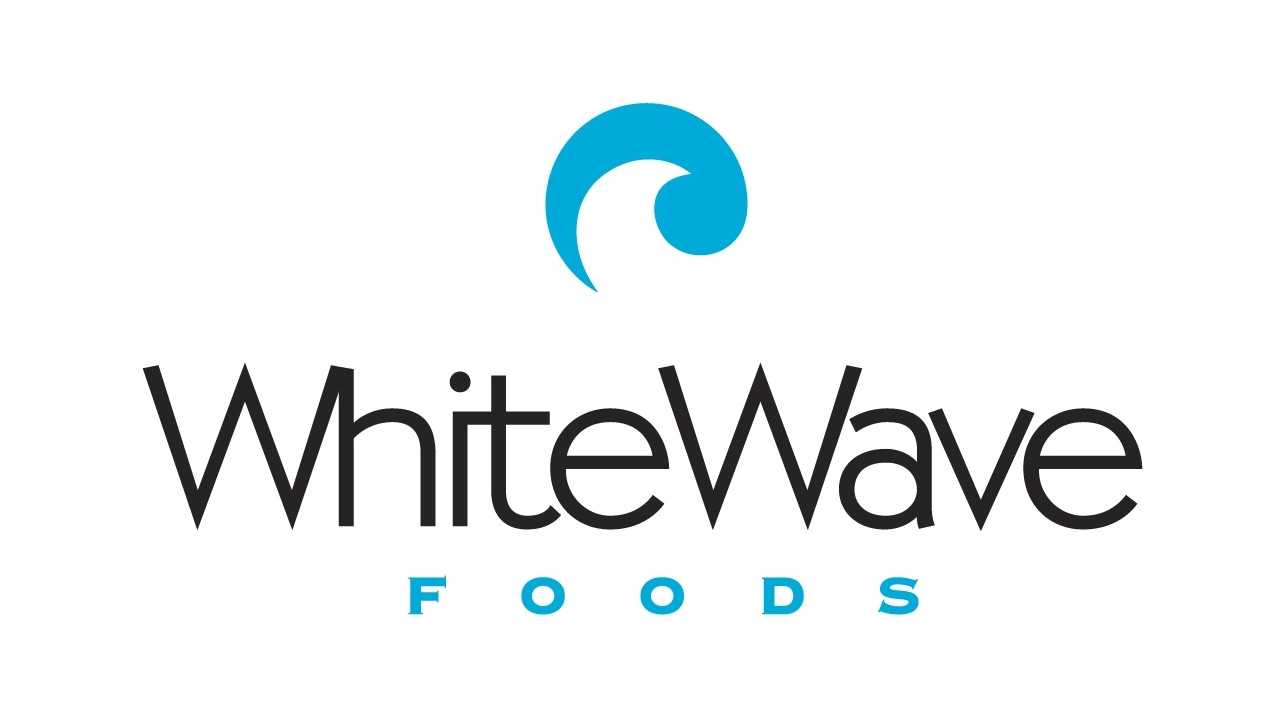DENVER, U.S. – Global consumer packaged food and beverage company The WhiteWave Foods Company unveiled new sustainability commitments today in the company’s 2014-2015 Corporate Social Responsibility Report.
WhiteWave Foods’ CSR report highlights the activities of its brands, including Silk, Horizon Organic, So Delicious, Vega, Earthbound Farm, International Delight, Wallaby Organic, and Alpro.
In addition to announcing 2025 environmental targets, WhiteWave fulfilled its 2016 commitment to source 100 percent of the cocoa powder used to produce its North American brands, expanded its 100 percent sustainable cocoa commitment to its European Alpro brand, and pledged to reduce sugar in Alpro products by 12.5 percent by 2020.
“At WhiteWave, we aim to produce great-tasting food in a way that’s better for people, our communities and our planet,” said Gregg Engles, Chairman and CEO of WhiteWave Foods. “To achieve this goal, we are constantly seeking new ways to deliver the transparency, choice and responsible practices people are looking for today.”
Since WhiteWave first began tracking its environmental impact in 2006, the company has reduced greenhouse gas emissions by 32 percent per pound of product.
Over the past two years, WhiteWave has reduced water use by 6 percent per pound of product, and waste to landfill resource intensity by 52 percent.
By 2025, WhiteWave will further reduce energy use, greenhouse gas emissions, water use and waste to landfill per pound of product by 20 percent from a 2013 baseline.
WhiteWave’s Corporate Social Responsibility Report also details significant achievements in sourcing, waste and water use reduction in 2014-2015.
Sustainable Sourcing:
- WhiteWave met its 2016 goal to source 100 percent certified sustainable cocoa powder used to produce Silk, So Delicious, Vega, Horizon and International Delight products.
- WhiteWave’s Alpro brand has committed to sourcing 100 percent of its cocoa powder from sustainable sources by the end of 2017.
- WhiteWave sources 100 percent certified sustainable palm oil for its liquid creamer products. By 2020, WhiteWave’s certified sustainable palm oil supply will comply with Roundtable on Sustainable Palm Oil (RSPO) NEXT criteria, a set of advanced sustainability criteria to further prevent deforestation, reduce greenhouse gas emissions and improve human rights conditions associated with palm oil production.
Waste Reduction:
- In 2015, WhiteWave diverted 78 percent of its waste from landfills through recycling, composting and reuse efforts.
- In 2014-2015, Earthbound Farm recycled nearly 9,300 tons of food waste, including 98 percent of all lettuce culls.
- WhiteWave’s partnership with the Carton Council has helped increase carton recycling access to 58 percent of households nationwide.
Water Use:
- In 2015, WhiteWave balanced 45 percent of its global manufacturing water use through a partnership with Bonneville Environmental Foundation to restore critically dewatered rivers and water systems across the U.S. Since 2009, WhiteWave’s water efforts have replenished more than 1.9 billion gallons of water.
- WhiteWave’s 2014-2015 Corporate Social Responsibility Report was developed in accordance with Global Reporting Initiative (GRI) G4 Sustainability Reporting Guidelines.
For more information, visit www.whitewave.com/csr.


















